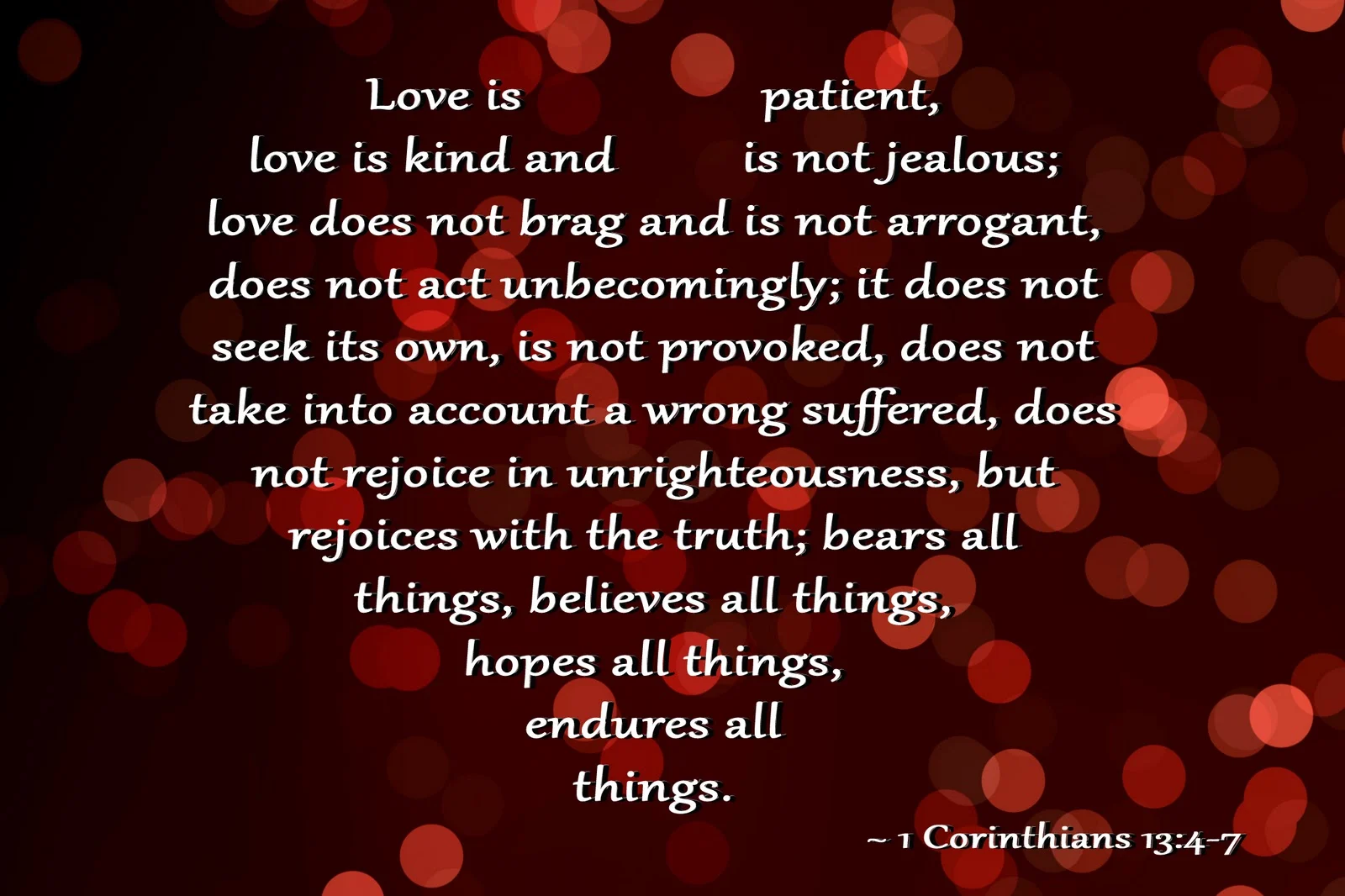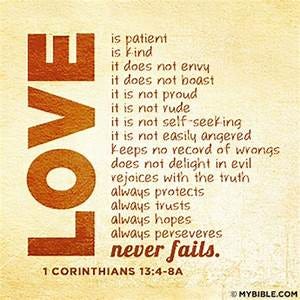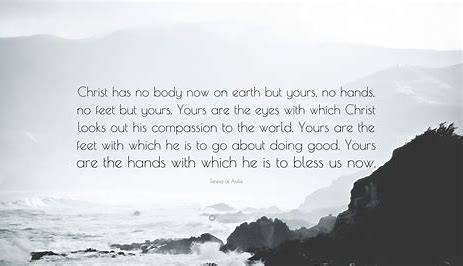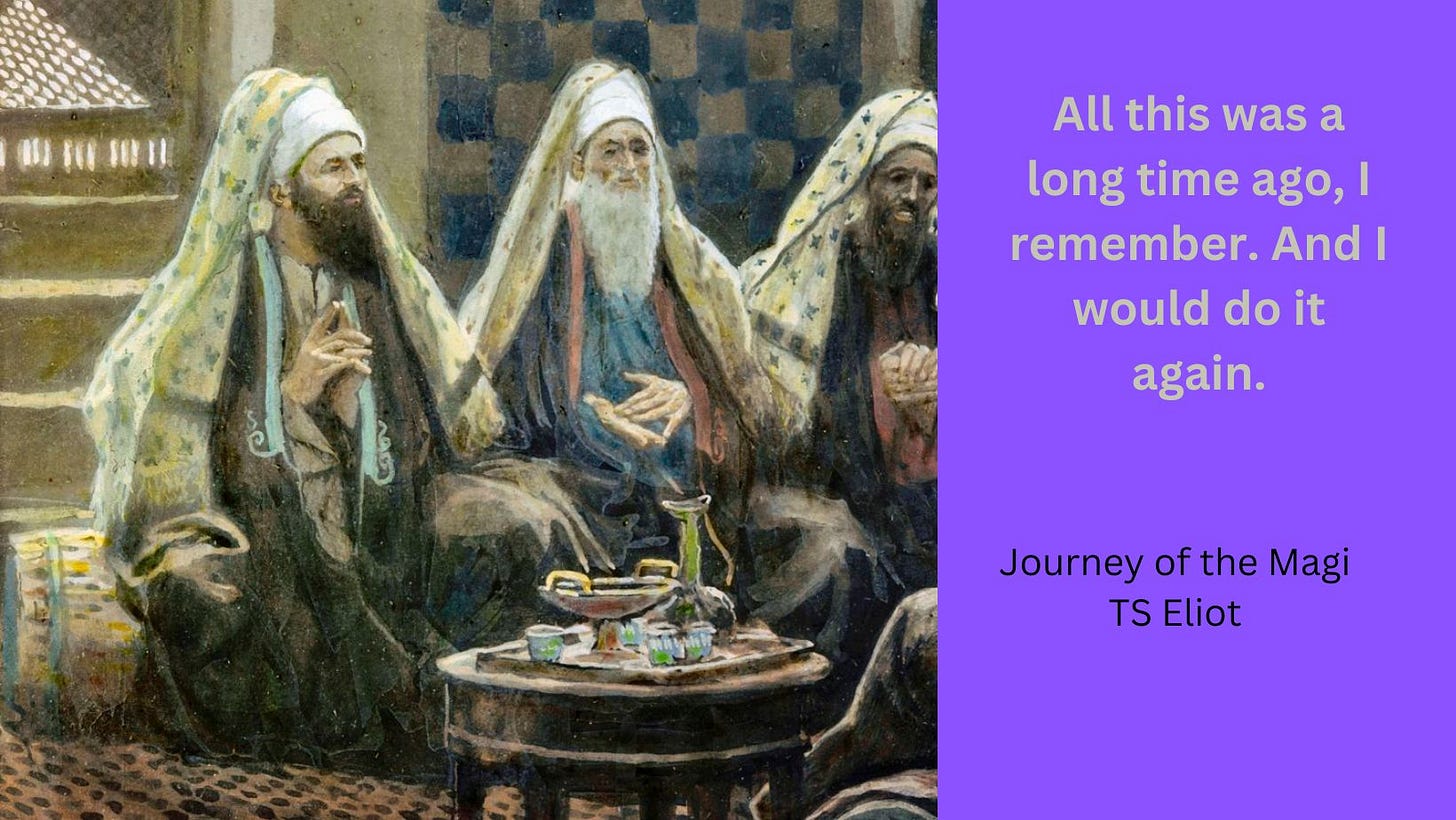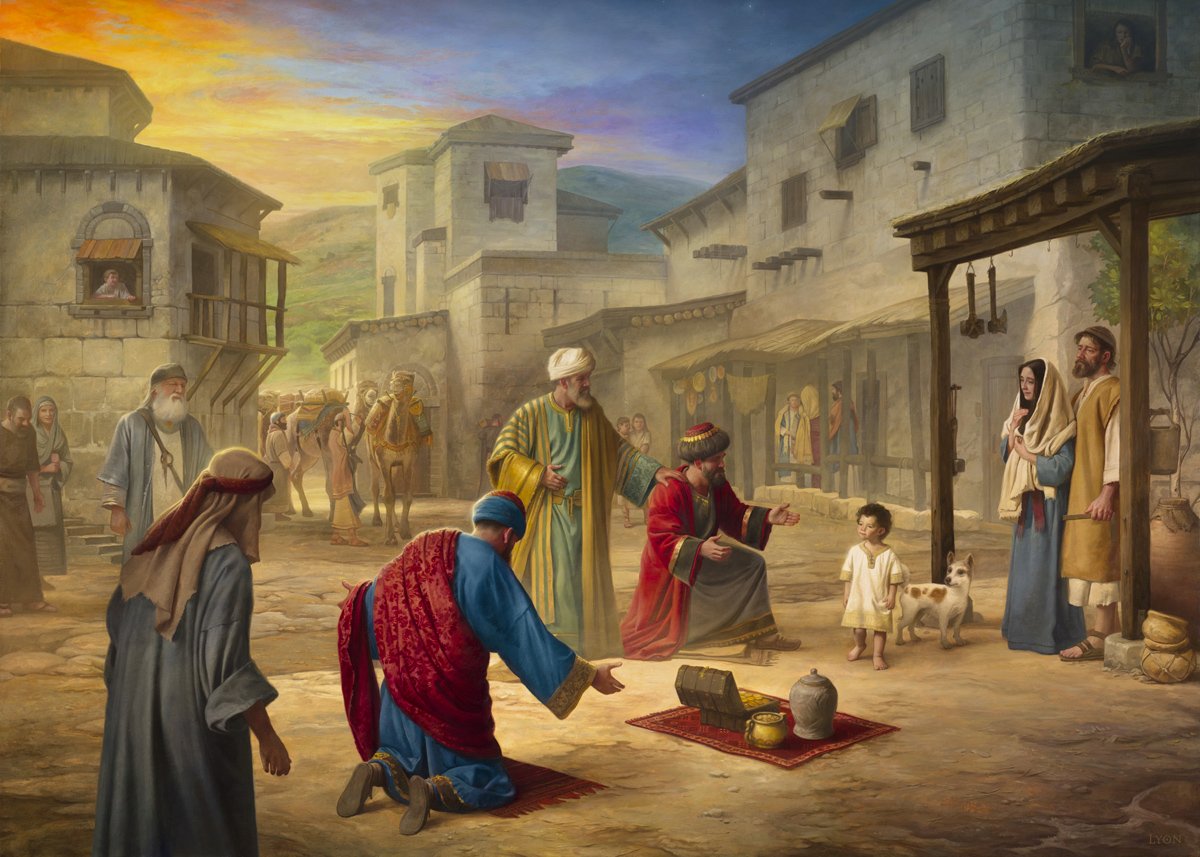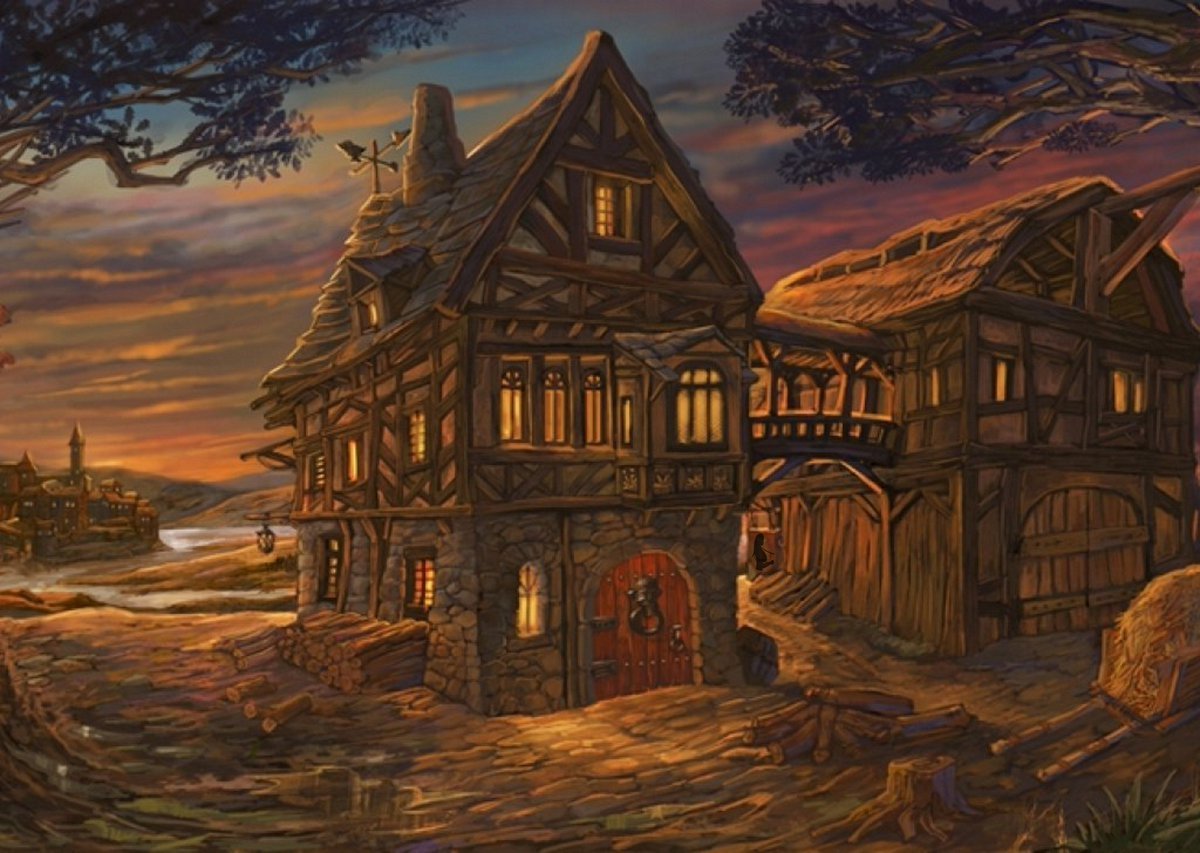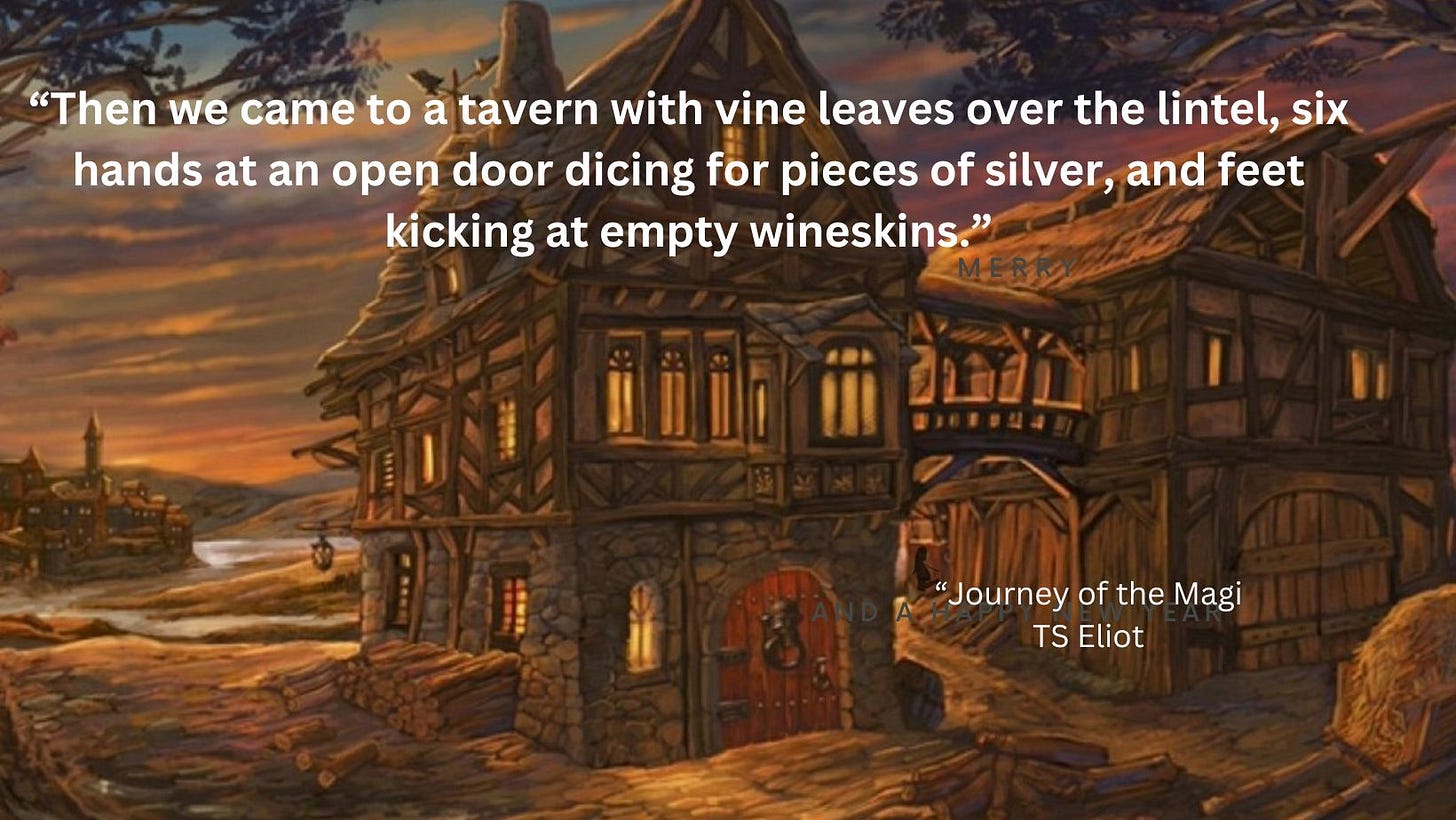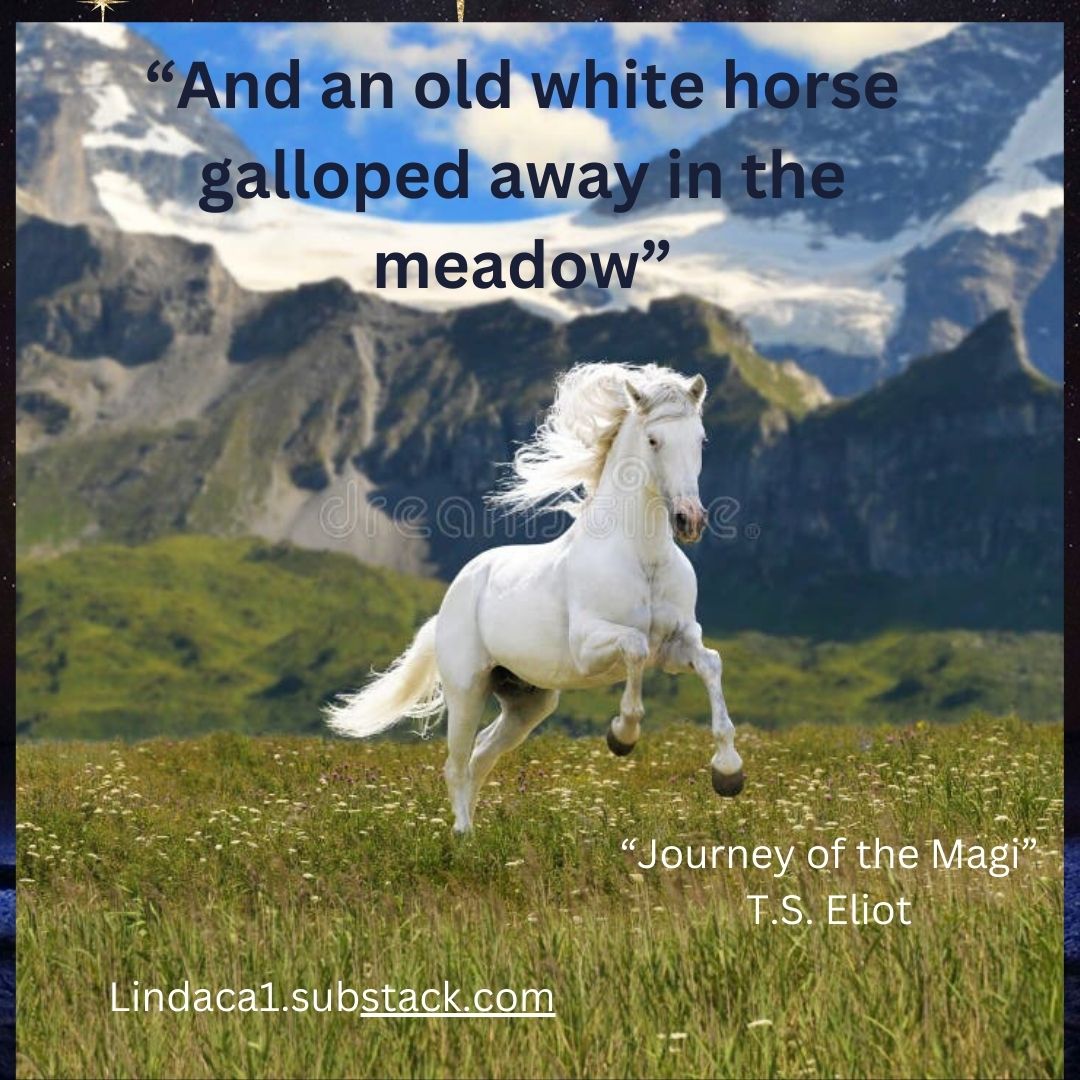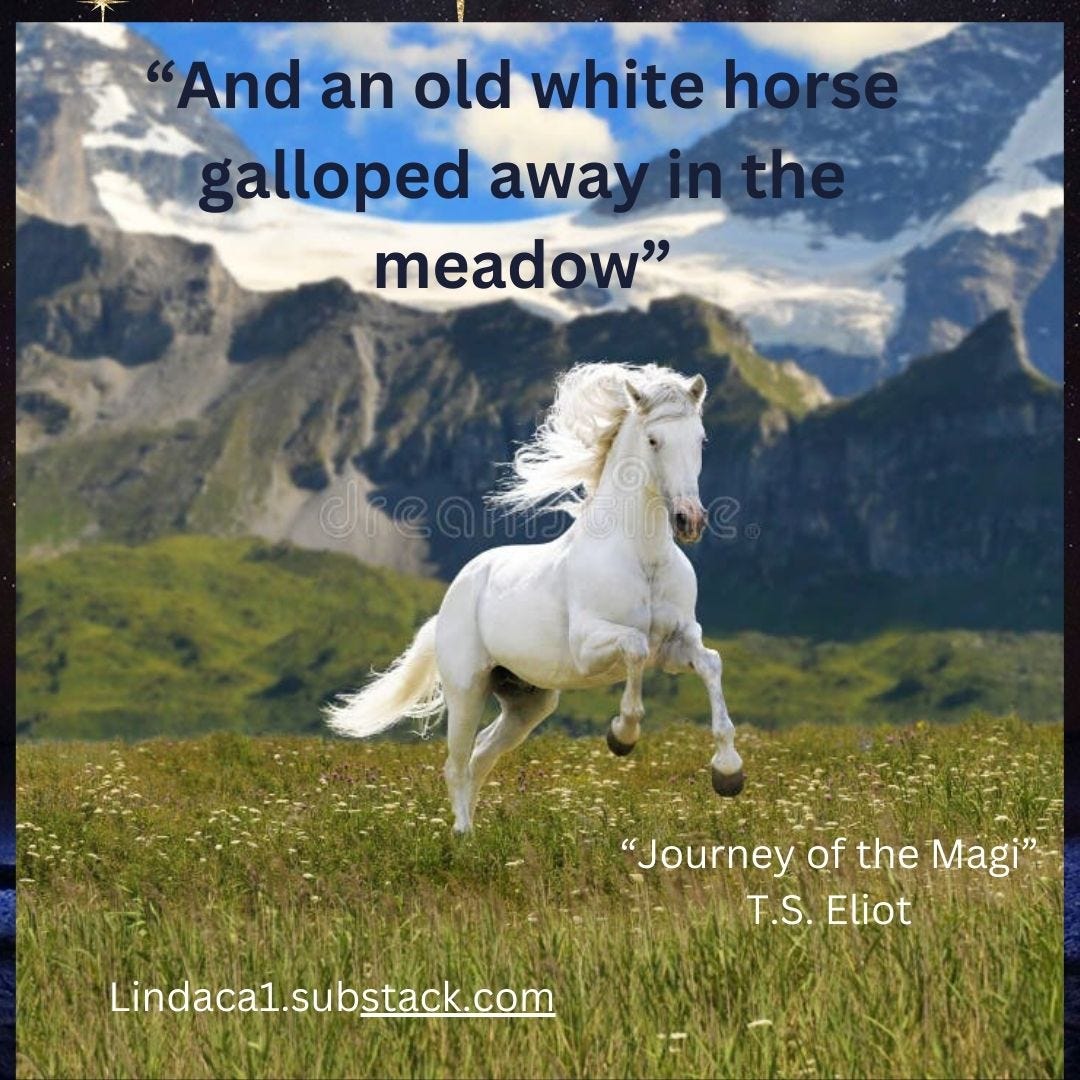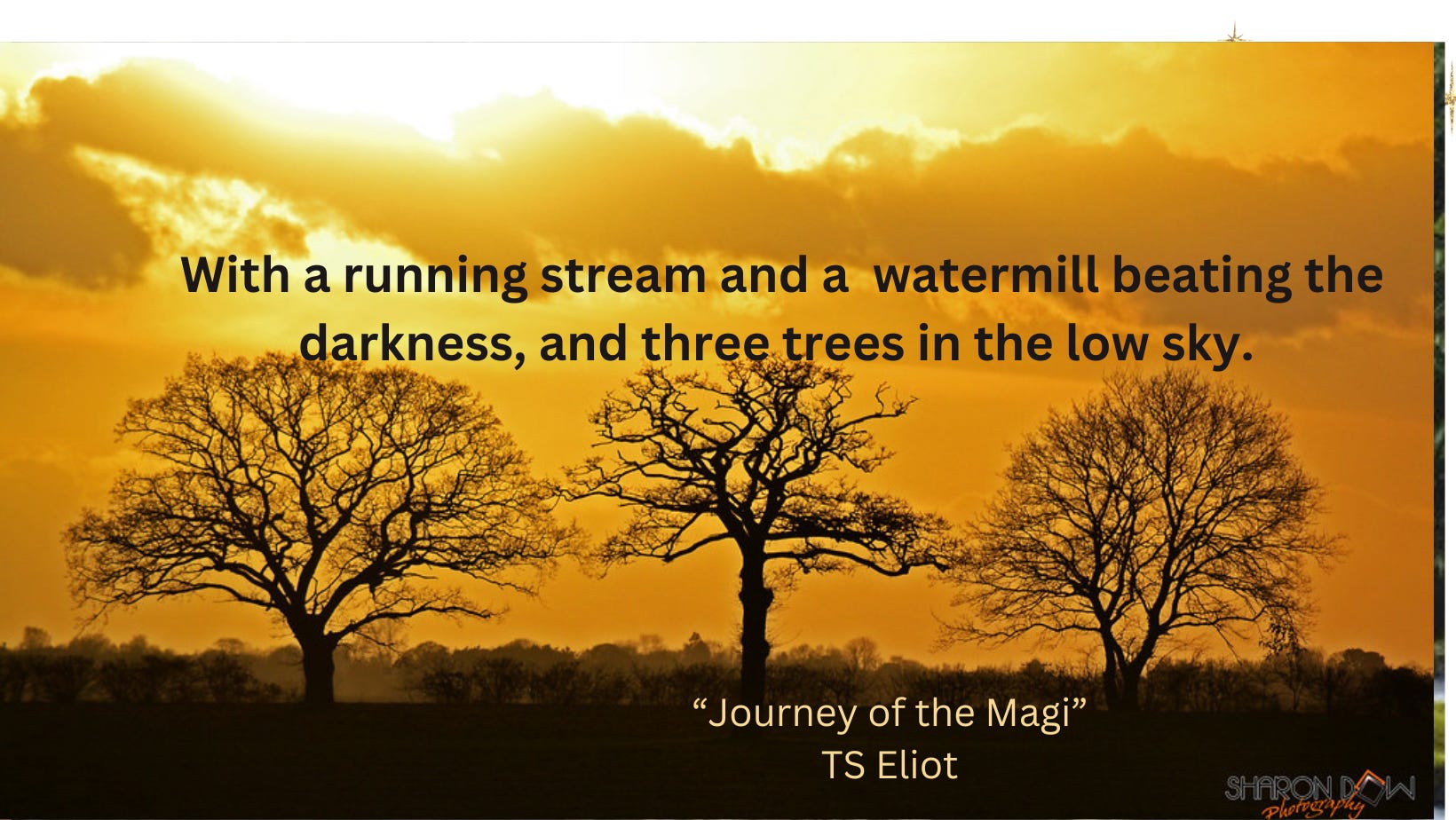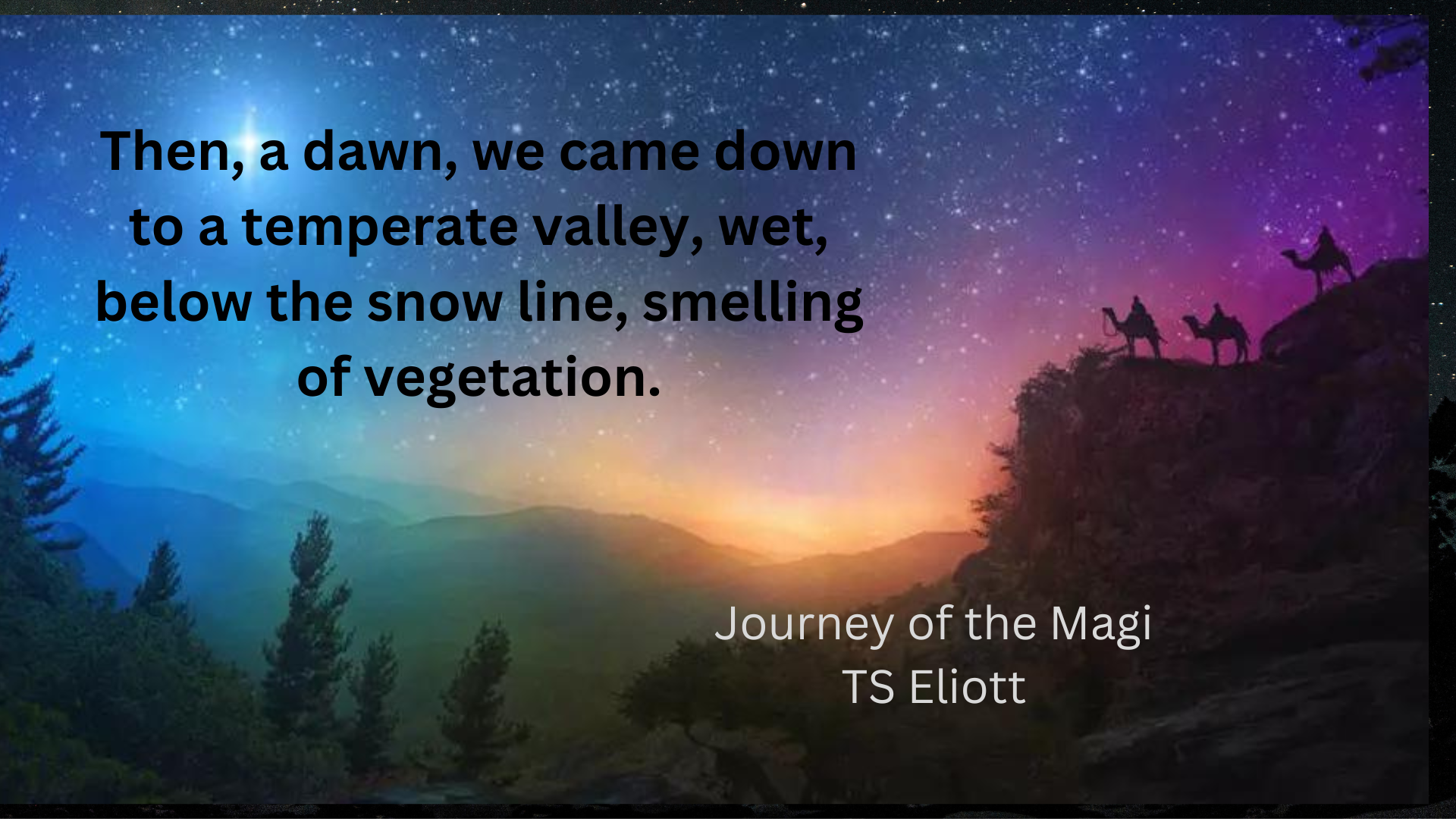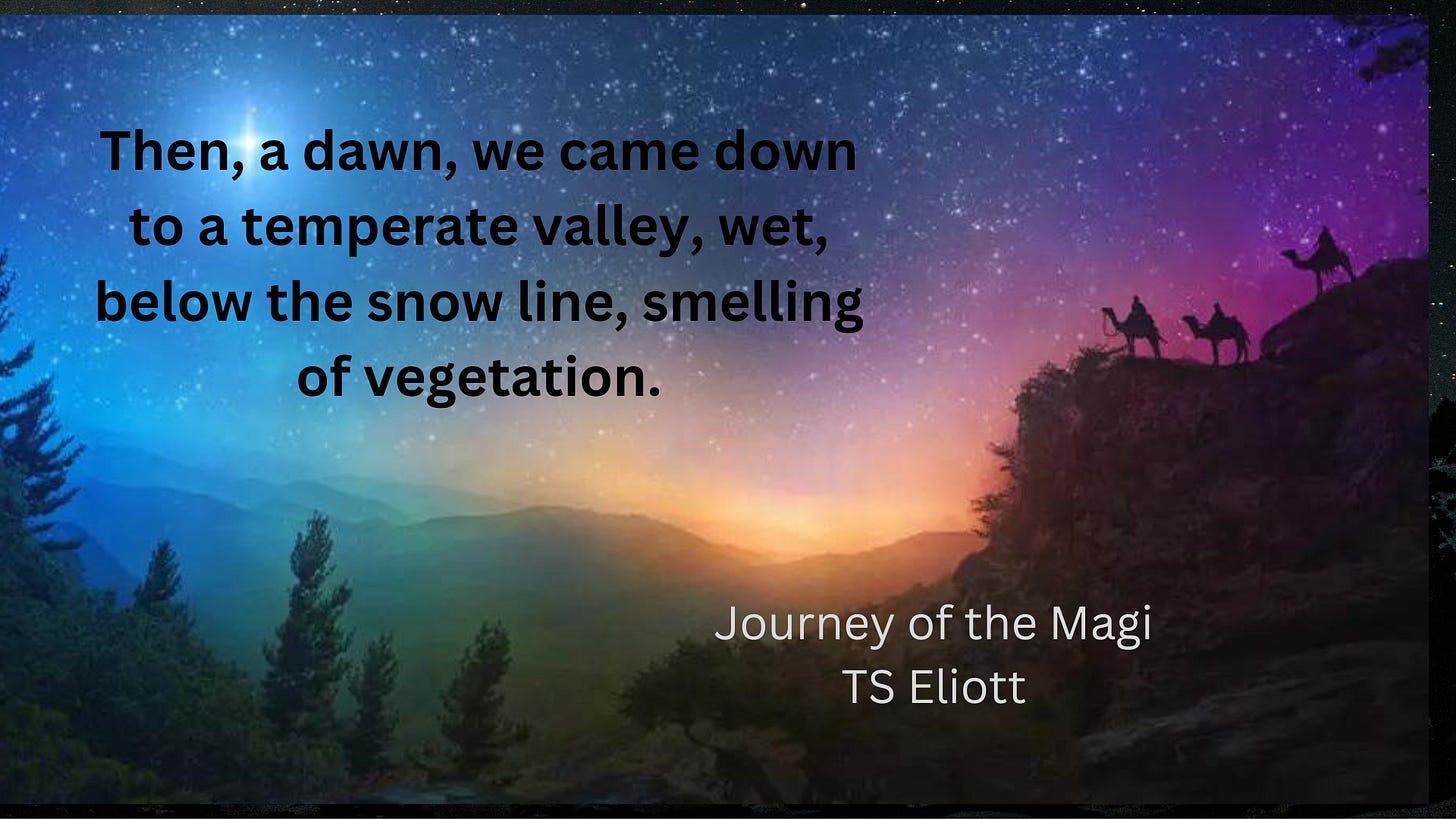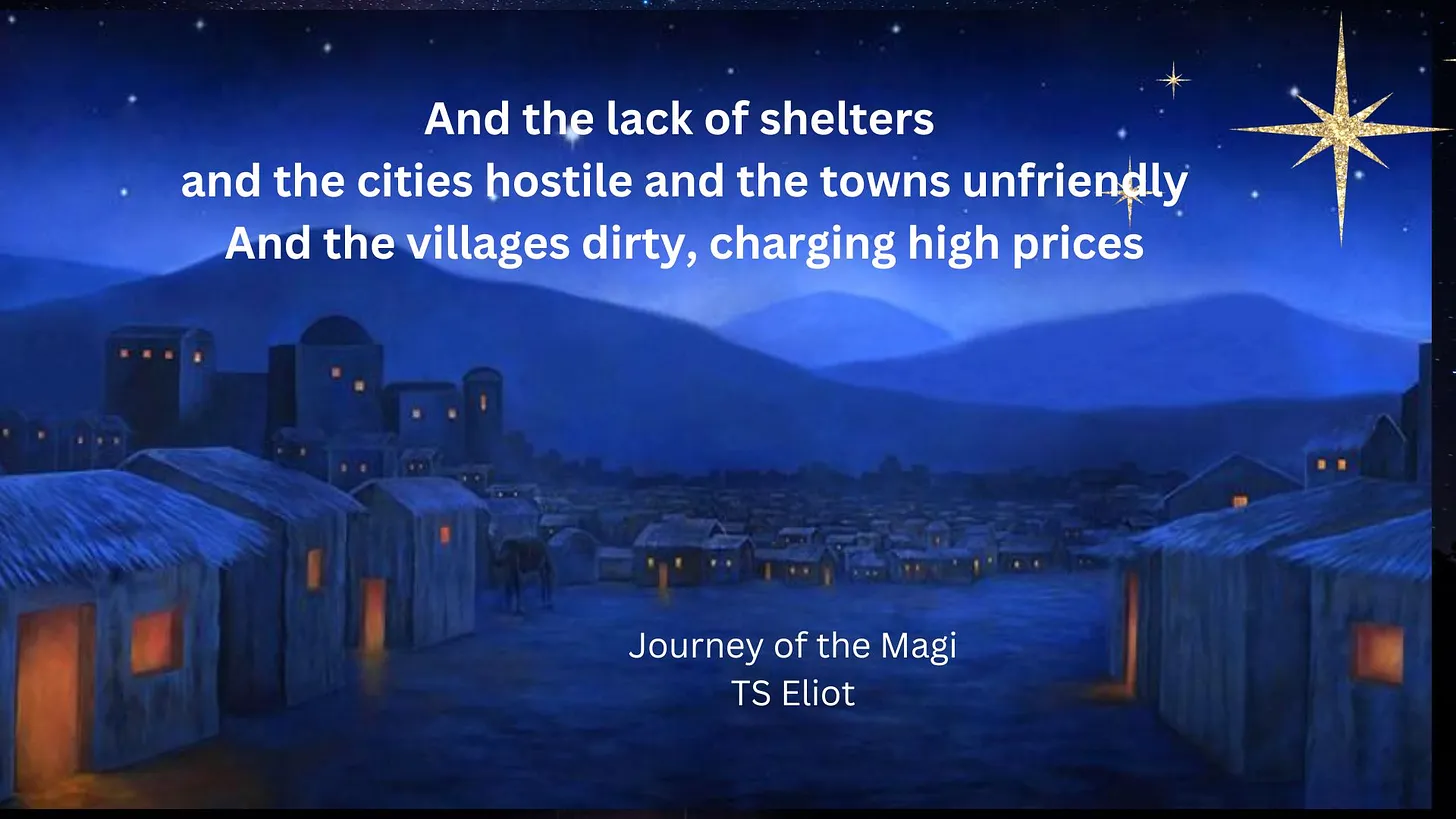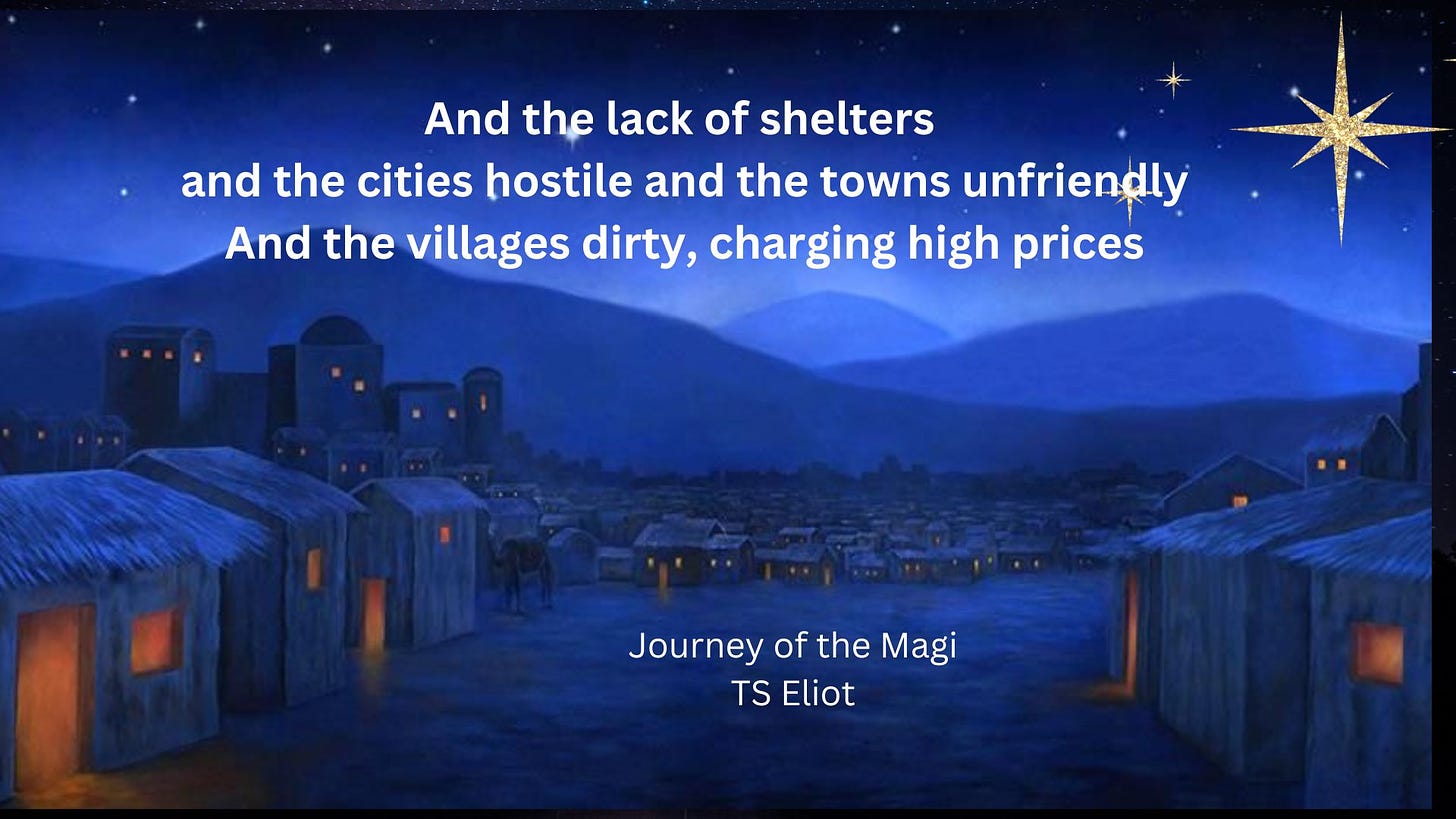Reflections from the Sunday Sermon
Todd Bezilla, speaker
February 9, 2025
Love the Lord your God with all your heart, all your soul, and all your mind.
Mark 12:30-31
It was a very chilly 52 degrees in the house when I woke up on Sunday, January 12. I sighed, pulled myself out of bed, and went to the basement to try and cajole the old heater into surviving one more winter. I had a lot of practice at this, so I banged it a few times in strategic spots and waited for the clanking noise.
Nothing.
I sighed and ran back upstairs to get ready for church, knocking on my son’s door as I headed for the shower. Unlike the heater, he responded.
“Cold today!” I warned him. “Get dressed quick! I turned the electric firelog on!”
We left for church shortly after; I prayed my heater might decide to function while I was absent from the house.
I, like you probably, am used to such things as heat and running water. I tend to think of myself as a physical being, concerned with the physical needs of myself and my son. My spiritual self is just a part of me. But Todd Bezilla’s sermon on this past Sunday, February 9, caused me to think of myself in a different way.
I’m a spiritual being.
The words of the prophet Jeremiah in 1:5 make it clear; God formed us as spiritual beings.
“Before I formed you in the womb I knew you,
before you were born I set you apart;
I appointed you as a prophet to the nations.
If we were truly physical beings, we’d have only dust to look forward to!
and the dust returns to the ground it came from,
and the spirit returns to God who gave it.
Ecclesiastes 12:7
Dr. Todd gently reminded us that we are all just TEMPORARILY housed in a physical form. Our bodies are not designed to last, how ever well we treat them. And if we spend time caring for our physical bodies–as we should, because they shelter the spirit–then we ought to spend even more time working on our spiritual selves. We need to make sure we are growing in our spirits. How? Well, we know an apple tree is doing what it should if it produces apples. We should, as spiritual beings, produce fruit.
But the fruit of the Spirit is love, joy, peace, forbearance, kindness, goodness, faithfulness, gentleness and self-control. Against such things there is no law.
Galatians 5:22-23
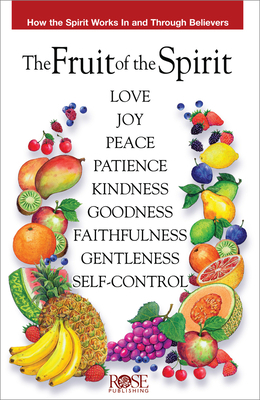
This involves a change of mind-set. What we endure right now–such as my heater issues–are temporary. They are merely physical problems. But if we focus not on the CREATION, but on the CREATOR, we can become more like Jesus. Well, a little bit more, anyway. We can
to be made new in the attitude of our minds
Ephesians 4:23
I’ve changed my mind about my heater. It continued to defy my gentle and not so gentle cajoling, and within days I found myself not only installing a new heater, but also new gas lines and new electric wiring. These were safety issues that may have existed way before we moved in. And they could have caused many problems. My son and I stayed in a hotel for three days while people who know about these things were at the house. During that time, however, I was able to realize how blessed we had been. We were safe; we were warm. We took a break from the world, played card games, watched movies, ate take-out, and watched the snow fall outside.
You will keep in perfect peace
those whose minds are steadfast,
because they trust in you
Isaiah 26:3
Was it perfect peace? Well, not yet. I’m still working on it. And that’s okay, because growing your spiritual self takes time.
Whatever it is that is keeping you tethered to the physical world today, do not make it your top priority.
Commit to the Lord whatever you do,
and he will establish your plans
Proverbs 16:3
Doesn’t that sound better than kicking a heater?
What do you need to do today to work on your spiritual self?
Dr. Linda Cobourn is a writer, editor, and teacher. To learn more about Linda’s faith journey as a spousal caregiver, a widow, and the mother of an autistic adult son, you can follow her on https://lindaca1.substack.com/

